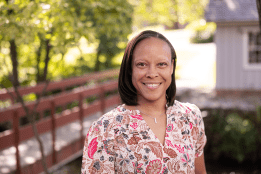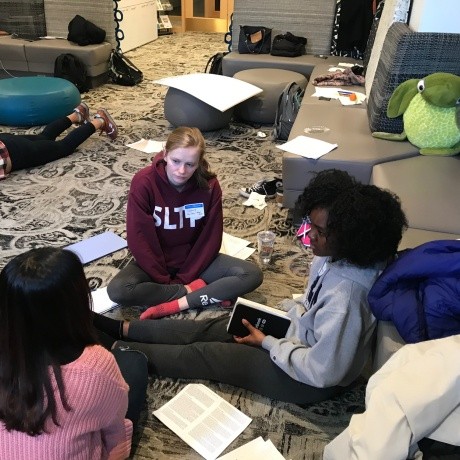
Department head(s)
Kristie A. Ford
- Professor of Sociology and Critical Race and Political Economy
- Director of the Center for Intergroup Dialogue
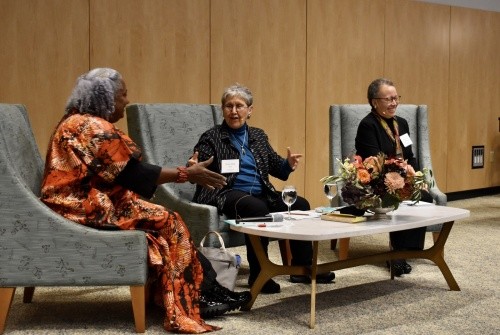
The Intergroup Dialogue (IGD) Center, a partnership between Academic Affairs and Student Life, provides the Mount Holyoke College community with robust curricular, cocurricular and professional development opportunities in the practice and pedagogy of intergroup dialogue.
A key part of the center’s mission is to demonstrate the efficacy and flexibility of IGD as a means to build relationships across differences of race and ethnicity, gender and gender identity, religion, political perspective, ability and other factors significant within the Mount Holyoke College community. The IGD Center seeks to become a regional hub for IGD training, serving as a force for social change.
IGD courses bridge social identity theory, engaged learning and dialogue facilitation skills to promote understanding of inter- and intra-group relations across race and other social identity groups.
In partnership with Critical Race and Political Economy, cross-disciplinary courses are being developed to bring forward the goal of building relationships across differences.
Coordinated by Latrina Denson in the Office of Community and Belonging, MoZone is a social justice peer education program led by trained students who facilitate interactive dialogues on a range of topics, including foundations of social justice, gender and sexuality, race and racism, nationality and nation of origin, and religion and spirituality.
Mount Holyoke Experiences

“I’d never imagined an educational space where everyone attempts to show up as their full selves. The amount I learned within such a short period of time was incredible. What especially hit me was the feeling that social justice is possible and is something that we strive for because we deeply care about each other. I don’t think I’d really heard an optimistic, grounded, community-oriented perspective on justice before, and I left feeling committed to the issues we touched on and connected to the people that were there.”
Student Participant
This oral history film project features ten Intergroup Dialogue (IGD) founders and early leaders who reflect on its 35-year history, including IGD’s development, impact, and future growth areas. We are grateful to Charles Behling, Mark Chesler, Teresa Graham-Brett, Patricia Gurin, Roger Fisher, Kelly Maxwell, David Schoem, Todd Sevig, Monita Thompson, and Ximena Zúñiga for their participation in this project. [Copyrighted December 10, 2024.]
“Topics addressed in classes I teach often examine issues of diversity, equity and inclusion in K–12 education…Education is always a political act, and in the current political climate, having access to effective tools to navigate potentially polarizing topics seems more important than ever.” – Lenore Reilly
In November 2023 this symposium brought together approximately 175 participants from the Five College Consortium as well as 25 other colleges, universities and community organizations across the country.
Events included a film about the history of IGD, Dr. Barbara Love moderating a conversation with Dr. Beverly Daniel Tatum and Dr. Ximena Zúñiga and concurrent sessions on pedagogical innovations and future consideration for IGD.
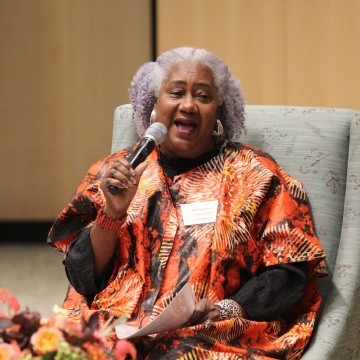
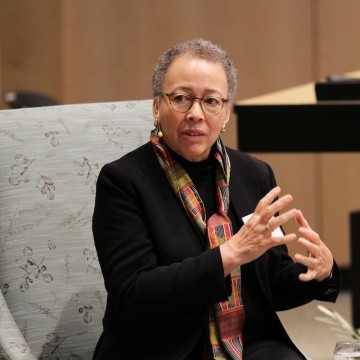
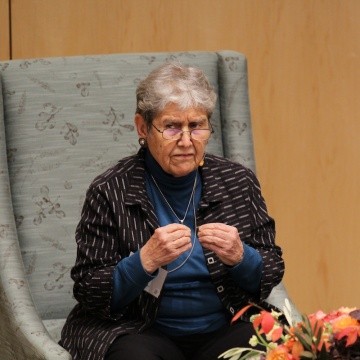
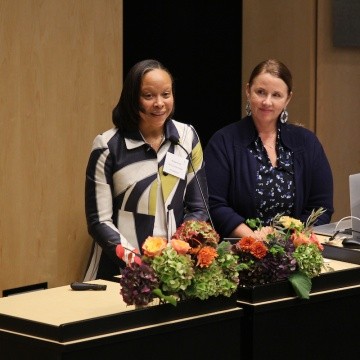
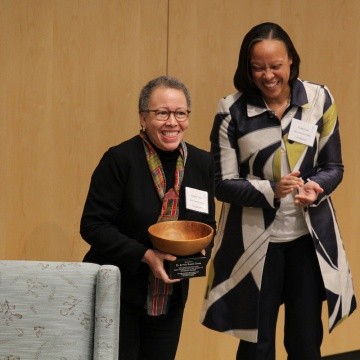
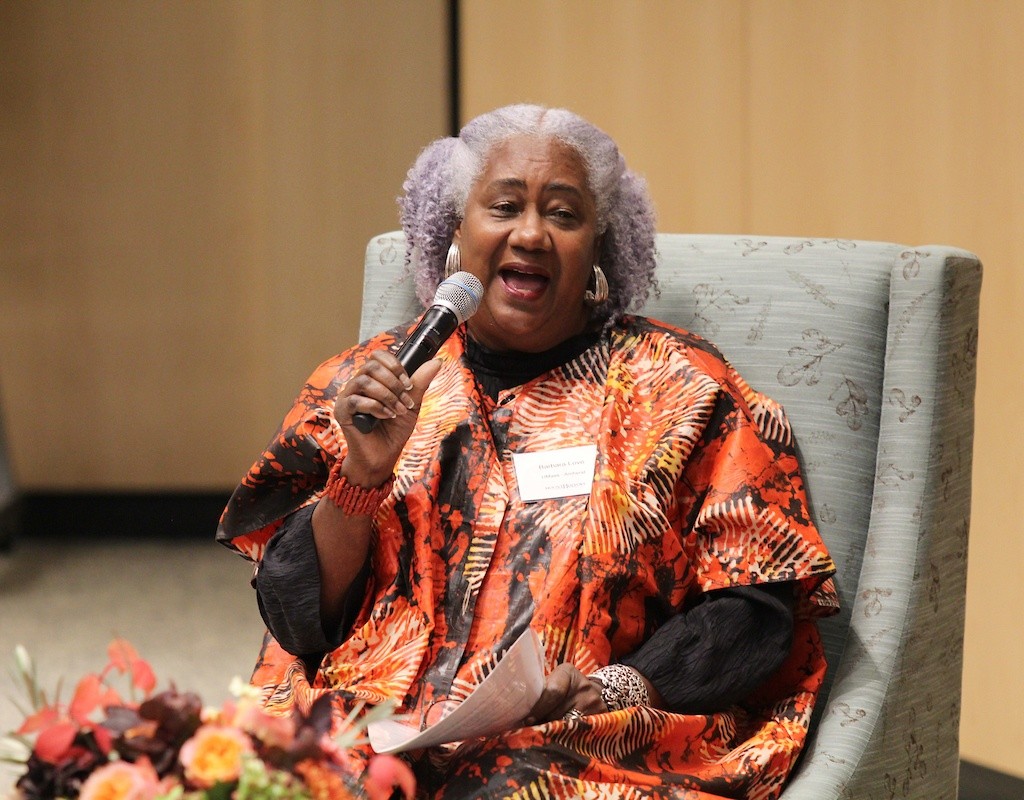
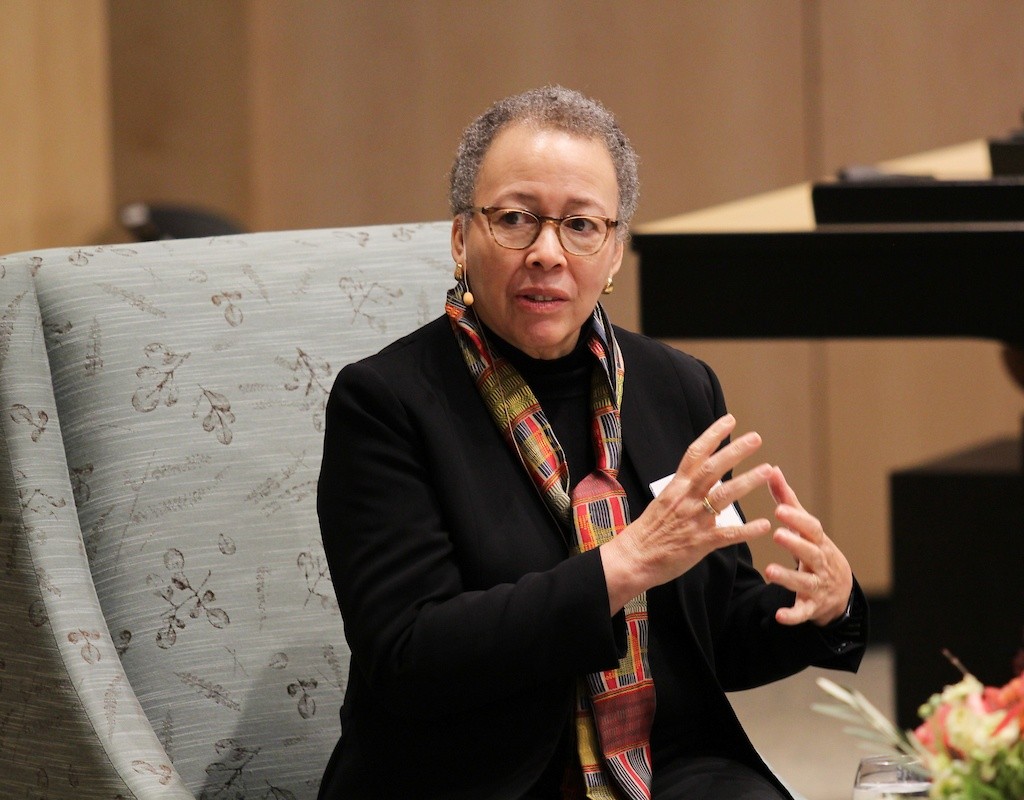
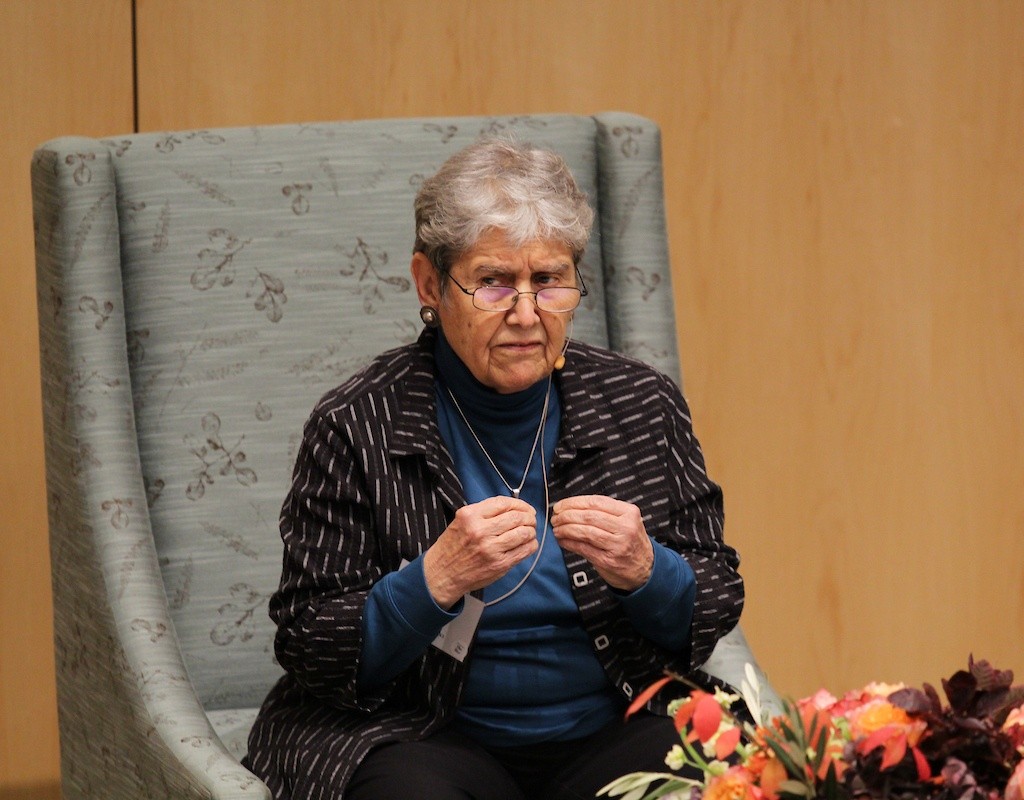
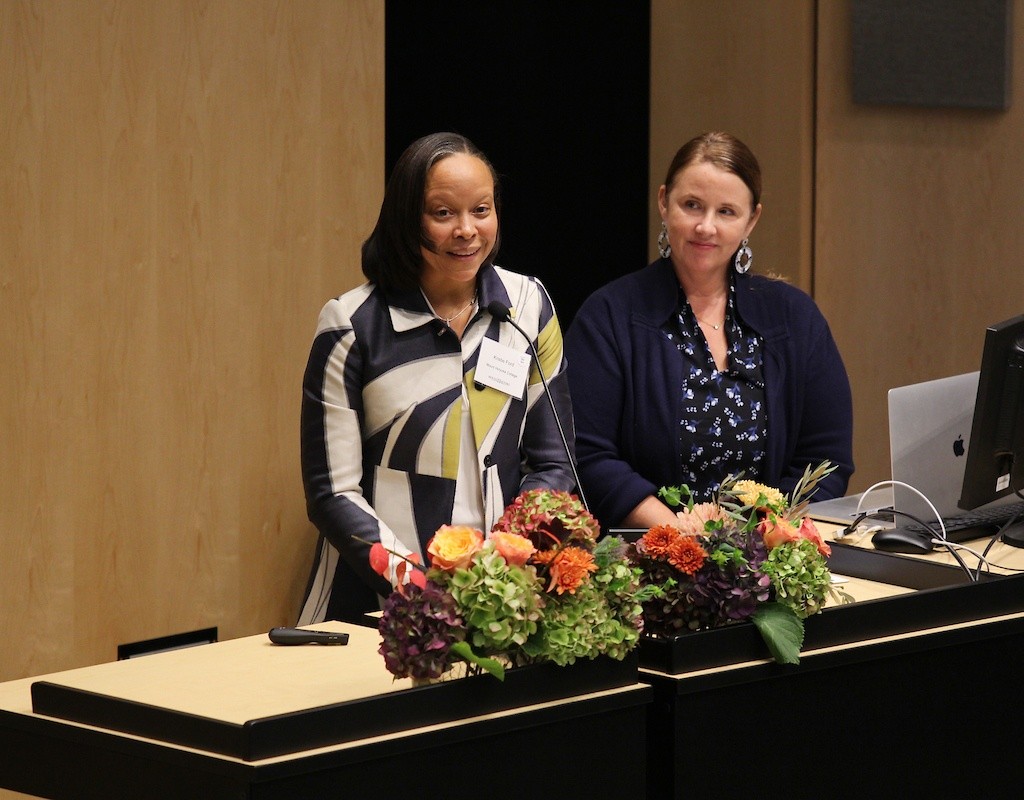
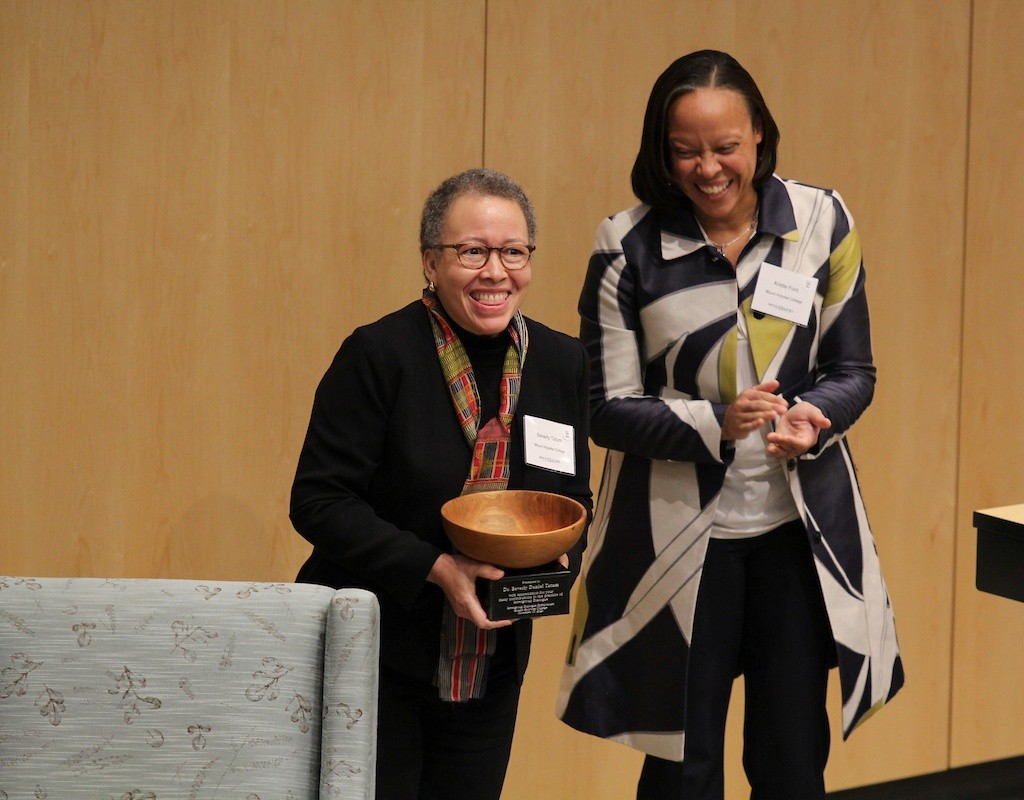
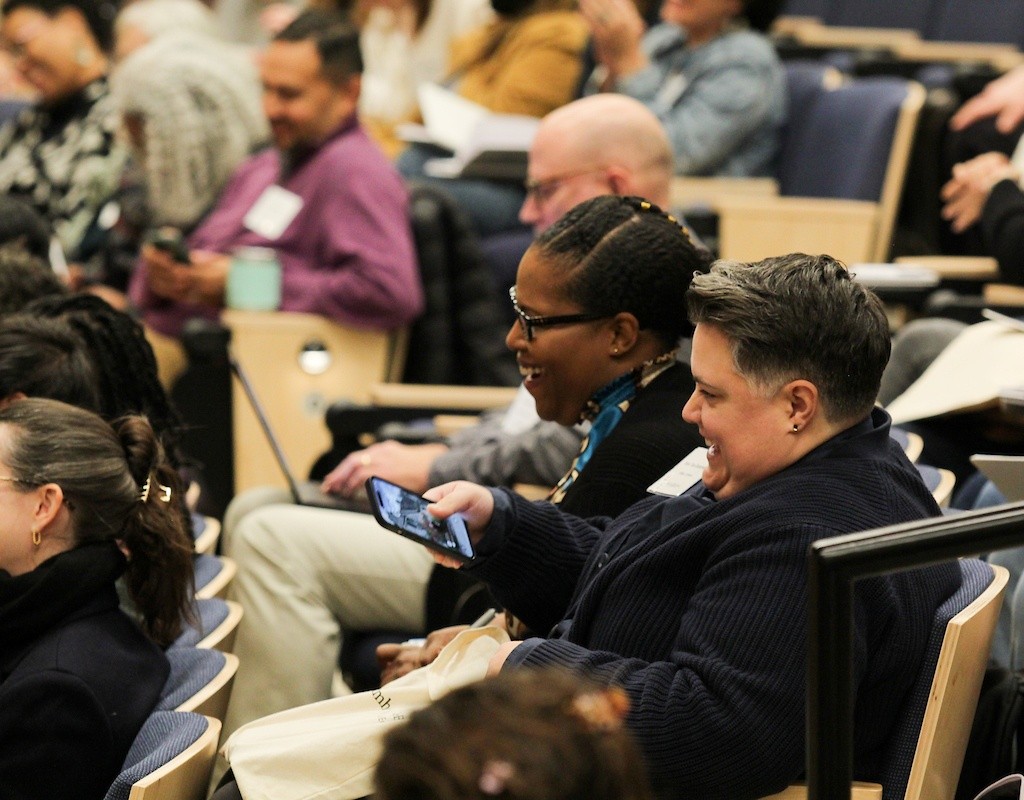
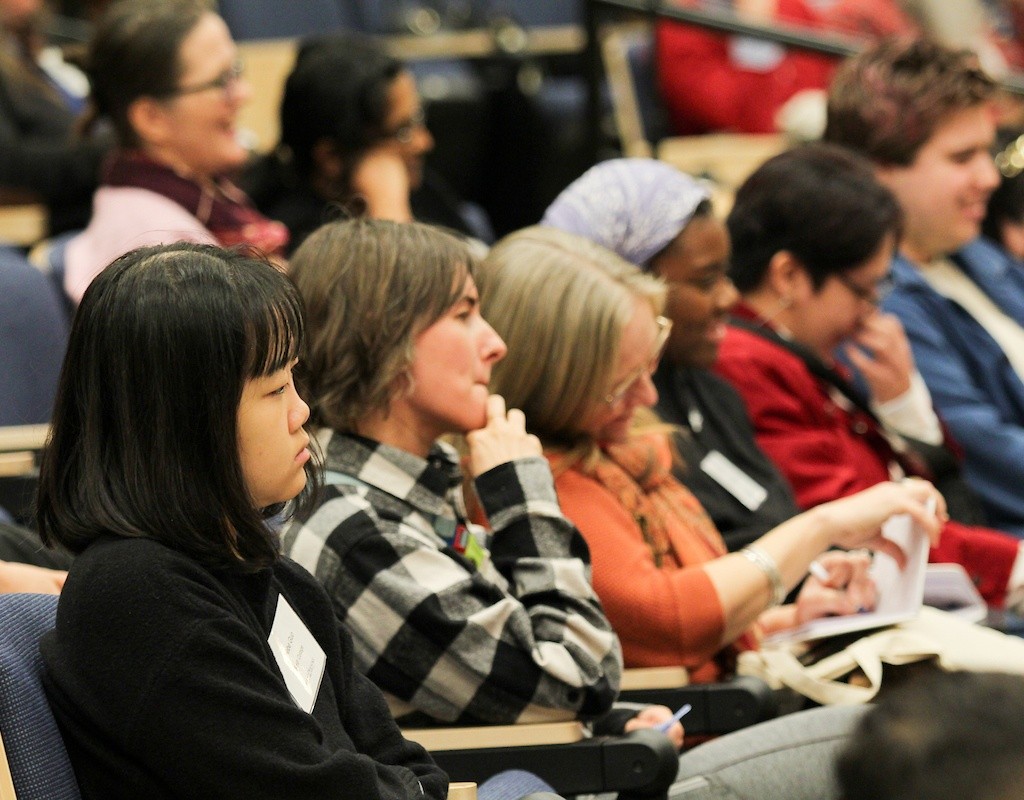
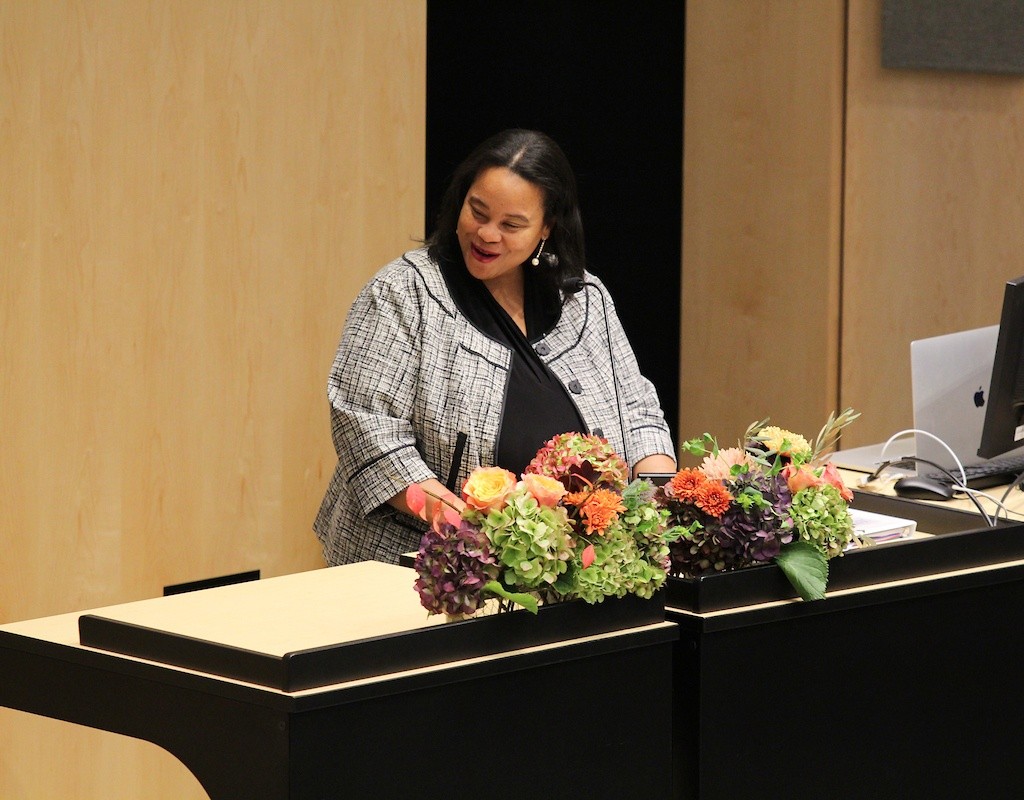
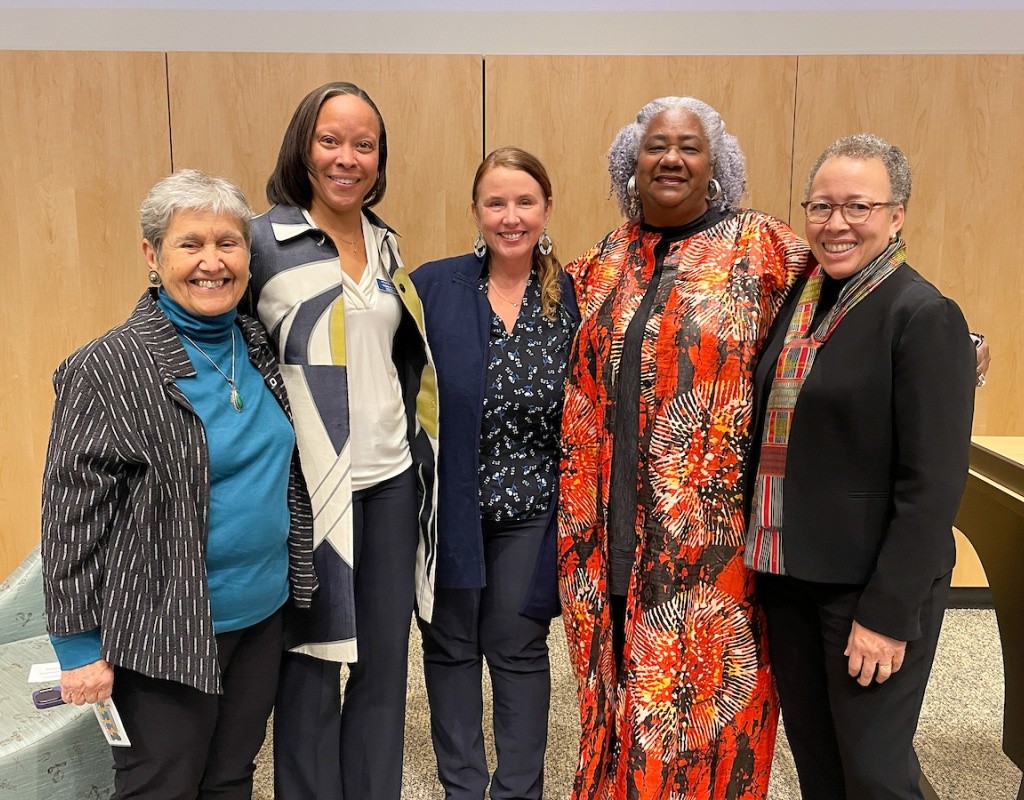
“This is not a college course. It’s a present for your past self and a present for your future self. It’s a gift to your children, and it’s gift to your parents, and it’s a gift to your health and well-being...IGD is foundational to human functionality.” – Alum
In their Convocation address in 2021, Mount Holyoke student Lasya Priya Rao Jarugumilli ’24 shared key lessons from their journey: “First, treat every person you talk to with respect, listen to them carefully, be mindful of not interrupting. Second, be as authentic as possible. Be real! Be yourself!...Third, move in and out of spaces, and be mindful of how much space you’re taking up. ...A fourth guideline that I’d like to offer up from my own experience is acting with kindness, compassion and giving grace towards your own self and others.”
Like Laysa, many students, alums, staff and faculty are seeking models for effective dialogue across axes of difference at a time fraught with polarization, misunderstandings and inter and intra-group conflict.
IGD is one evidence-based, interdisciplinary field of practice that seeks to bridge social and cultural divides and create more equitable and just communities by fostering meaningful cross-identity collaborations. A nationally recognized, credit-bearing program that originated at the University of Michigan in 1988, its primary goal is to support learning around inter- and intra-group relations, and social justice across a range of social identities including race, gender, sexuality, social class, religion and nationality. Since its inception, IGD has expanded to over 150 colleges and universities across the United States. In addition, this practice has been increasingly recognized as a valuable method for addressing difficult issues in K—12, community and workplace settings.
Mount Holyoke College has been engaging with IGD for over 30 years, beginning with Dr. Beverly Daniel Tatum’s “Psychology of Racism” course in spring 1990. In 2007 MHC hosted an IGD Conference in collaboration with Dr. Ximena Zúñiga, and in 2019 MHC and UMASS co-hosted the national IGD Conference. Dr. Beverly Daniel Tatum returned to MHC in 2022 as interim president and worked to further embed IGD into the College through the appointment of Presidential Fellow Dr. Kristie Ford. In 2023 Mount Holyoke College announced its IGD Center, the first of its kind among gender-diverse women’s institutions in the United States, with the goal to realize the power and possibility of dialogic engagement modes for creating social change.
The Intergroup Dialogue (IGD) Center Advisory Committee supports the mission of the Center by providing feedback to the Director in support of the vision and strategic priorities necessary to build and sustain the Center’s relevance and longevity.
Selected for a three-year term, the IGD Advisory Committee the 2024-2025, 2025-2026, and 2026-2027 academic years include:
The Intergroup Dialogue (IGD) Center Ambassadors are Mount Holyoke faculty, staff, students, and/or alums who support the mission of the Center by providing feedback to the Director based on their respective roles at the College. With guidance from the Director, ambassadors may also initiate, or volunteer to participate in, time-limited projects designed to enhance the visibility of the Center and serve the needs of the Mount Holyoke community.
Selected for a two-year term, the IGD Ambassadors for the 2024-2025 and 2025-2026 academic years include:
The Intergroup Dialogue (IGD) Center has a mission to provide the College community with robust curricular, co-curricular, and professional development opportunities, build relationships across differences and become a force for social change.
